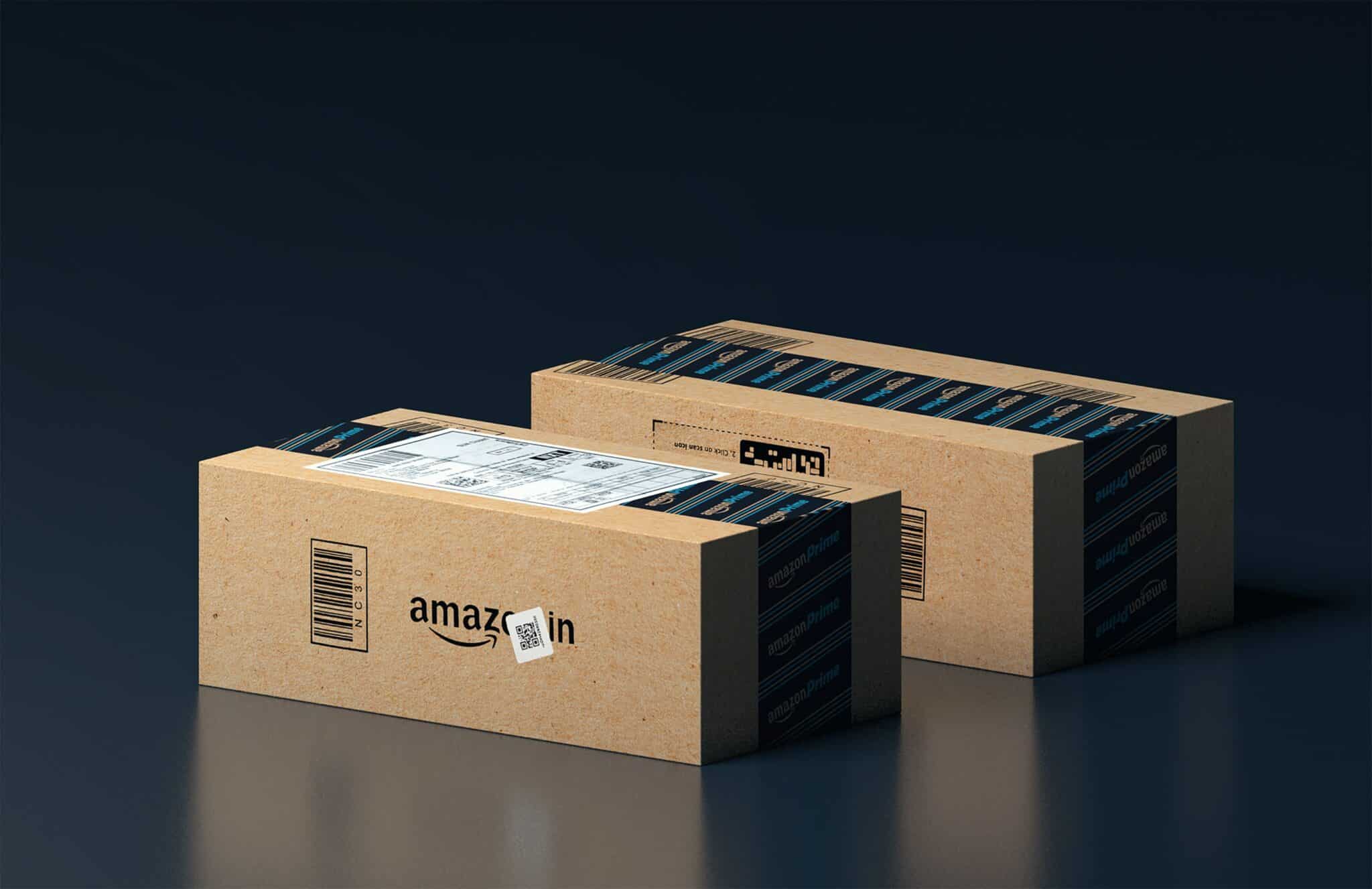
Swap Agrawal is a student at Harvard Law School.
In this weekend’s news and commentary, a Trader Joe’s in Minneapolis became the second unionized store location in the US, and a union ordered a walkout at an Amazon distribution center in Bar Hersfeld, Germany.
On August 12, Trader Joe’s employees at a store in Minneapolis voted 55 to 5 to unionize with Trader Joe’s United, an independent, worker-run union that won the first union election at the grocery chain in Hadley, Massachusetts last month. According to the union, workers at the store want to increase pay and benefits and have a say in safety issues, including harassment by customers. Trader Joe’s could be the next Starbucks, as initial union wins facilitate organizing in stores across the country. “We’ve received messages from Trader Joe’s in every single state that has a Trader Joe’s,” Sarah Beth Ryther, a Minneapolis employee and union spokesperson, said earlier this week. “We’re riding a wave.” A store in Boulder, Colorado could be next. Trader Joe’s has said that it is ready to negotiate with the union. “While we are concerned about how this new rigid legal relationship will impact Trader Joe’s culture, we are prepared to immediately begin discussions with their collective bargaining representative to negotiate a contract,” company spokesperson Nakia Rohde said in an email after the vote. “Trader Joe’s offers all of its crew members, across the country, an industry-leading package of pay, benefits, and flexible working conditions.”
On August 12, the Verdi union ordered a walkout at Amazon’s distribution center in Bad Hersfeld, Germany over the company’s refusal to sign up for the collective labor agreement for the mail-order and retail trade. Germany is Amazon’s second-biggest market after the US, and the company’s workers there are also facing the pain of rising costs of living alongside stagnant wages. Inflation in Germany is at 7.5% and economists expect that number to rise due to high energy costs in the upcoming winter months. Amazon’s employees in Germany have been pushing the tech giant to accept the union’s sectoral bargaining agreement, including through several strikes over the past few months. Most unionized employees in Germany are covered by industry-level collective agreements negotiated between large trade unions and employers’ organizations, although some company-level bargaining agreements do exist. This sectoral bargaining approach allows for greater union density and impact across industries, and support is growing for the US to adopt a similar labor framework.






Daily News & Commentary
Start your day with our roundup of the latest labor developments. See all
February 24
In today’s news and commentary, the NLRB uses the Obama-era Browning-Ferris standard, a fired National Park ranger sues the Department of Interior and the National Park Service, the NLRB closes out Amazon’s labor dispute on Staten Island, and OIRA signals changes to the Biden-era independent contractor rule. The NLRB ruled that Browning-Ferris Industries jointly employed […]
February 23
In today’s news and commentary, the Trump administration proposes a rule limiting employment authorization for asylum seekers and Matt Bruenig introduces a new LLM tool analyzing employer rules under Stericycle. Law360 reports that the Trump administration proposed a rule on Friday that would change the employment authorization process for asylum seekers. Under the proposed rule, […]
February 22
A petition for certiorari in Bivens v. Zep, New York nurses end their historic six-week-strike, and Professor Block argues for just cause protections in New York City.
February 20
An analysis of the Board's decisions since regaining a quorum; 5th Circuit dissent criticizes Wright Line, Thryv.
February 19
Union membership increases slightly; Washington farmworker bill fails to make it out of committee; and unions in Argentina are on strike protesting President Milei’s labor reform bill.
February 18
A ruling against forced labor in CO prisons; business coalition lacks standing to challenge captive audience ban; labor unions to participate in rent strike in MN